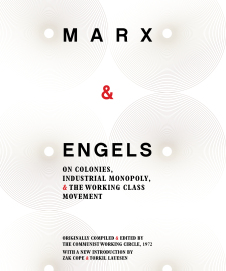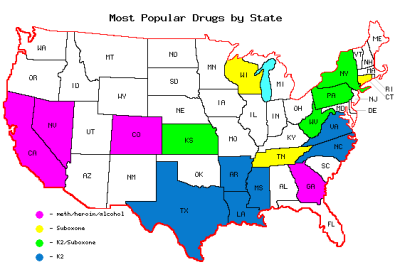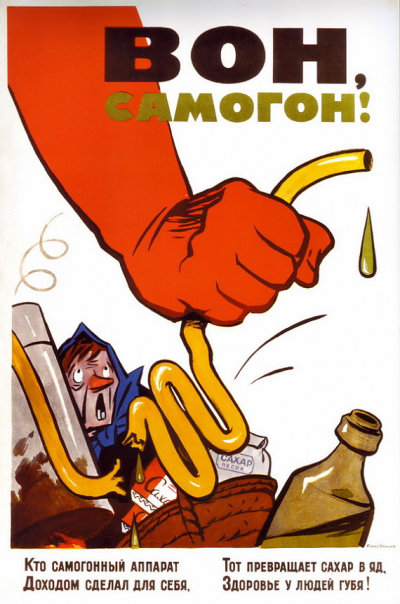
Mass Shootings are Amerikan
When it comes to guns and gun violence, Amerikkka truly is #1. According to The Guardian: "No other developed nation comes close to the rate of gun violence in America. Americans own an estimated 265m guns, more than one gun for every adult." Further, there is a mass shooting nine out of every ten days in this country. That's 1,516 mass shootings in 1,735 days.(1) These statistics define mass shootings as four or more people shot in one incident, not including the shooter. That's a broader definition than is used by the government and many other statisticians. But it's illustrative of the tremendous gun violence happening in the United $tates.
Recent mass shootings, including the Las Vegas country music festival massacre, the shooting in a Southerland, Texas Baptist church, and the Orlando Pulse nightclub killings have led to a lot of discussion about gun violence in the United $tates. While there is a long history of mass shootings in this country, various analyses confirm that incidents are on the rise.(2)
In reality mass shootings are just a small part of gun deaths in the United $tates. Over 400 thousand people died from gun violence between 2001 and 2013, the majority (over 200,000) were suicides. Mass shootings only made up about 3% of the homicides in 2017 so far.(3) But there is little discussion of all the other gun-related deaths.
Gun violence in general doesn't bother most Amerikans. It certainly doesn't make it into everyday conversation. The mass shootings are unique in that they appear random and unpredictable. They introduce an element of fear into everyday life for Amerikans who like to think their lives are charmed and protected by citizenship. Especially white Amerikans. And this is a uniquely white phenomenon. The vast majority of mass shootings in public places (71%) between 1982 and 2012 were perpetuated by white men.(2) That's quite a disproportionate representation as "non-Hispanic" white men make up about 1/3 of the general population.
An epidemic of mental illness?
When perpetrated by white people, politicians bend over backwards to explain that the shooter was mentally ill. Mental illness is a convenient cover story to dismiss all of these incidents as the fault of the individual. Something that couldn't have been prevented. And this mental illness is easy to "prove," since we generally define mental health to include not indiscriminately murdering people.
Rather that attribute all this violence to individual mental illness, communists look at society and social causes. If we believe that all these folks are mentally ill, shouldn't we be concerned that Amerikans are suffering from an epidemic of mental illness unseen in other nations? Even by the capitalists' own psychology argument about fault, there must be something systematically wrong in this country.
An analysis that looks beyond the individual will quickly conclude that there is something wrong with Amerikan society that it's producing all of these mass killers. But it's not that Amerika just has an over-abundance of crazy people who like to go on shooting sprees. These mass killings are a direct result of Amerikan capitalism, its culture, and its gun-mongering. People who are floundering for a purpose in their lives latch on to this culture.
Capitalism lacks the ability to provide most people with a meaningful purpose in life. The individualist focus of capitalism teaches Amerikans that they should make money, and then spend that money to enjoy life. Also maybe throw in some meaningless sex for fun. But this doesn't lead to a strong sense of purpose or self-worth. Especially for those who don't succeed at the money-making, or at the sex. So we end up with lots of people depressed, and without a way to address what is wrong with their lives. This is just one of many contradictions of capitalism. Even those benefiting financially from the system can end up feeling purposeless and depressed.
It should not be lost on readers of ULK that all this talk about mass shootings is explained away by mental illness but any individual of Arab descent who carries out an act of violence is labeled a terrorist. White men are not considered terrorists, they're just ill. Muslims (and non-Muslims who come from a predominantly Muslim region) resisting imperialist domination and violence are "terrorists."
Capitalism = violence
Another contradiction for capitalism is the promotion of violence. The imperialists raise up war and the killing of "enemies" as a heroic act. This is necessary because war for the imperialists is a critical part of conquering the land and people who supply natural resources and labor to create capitalist profits. And war is also important to keeping those people oppressed when they try to rise up and resist.
Capitalist culture glorifies this war and killing. The Vietnam War was the last truly messy war from the perspective of Amerikans. The draft forced men into the army who didn't want to go fight, and most people knew someone who died or was injured. That war was hard to glorify, especially when it involved massacring peasants who just wanted to control their land and their lives. But now, with an all-volunteer army, capitalism has grown more and more cavalier with its glorification of war. The imperialists have also worked hard at marketing these wars, stressing the danger (drugs, terrorism, or whatever is the latest war du jour) that threatens the Amerikan way of life.
With this glorification of war comes a cultural onslaught of violence. We have movies about war, and video games about war, and serialized TV shows about the government engaged in geo-political war games (not to mention cop shows). Violence is as Amerikan as apple pie. And guns are just the current device used in that violence.
All these Amerikan gun-related deaths reveal the moribund nature of capitalism. It can't even keep control of its own privileged citizens. This is not a stable system. There are some strong reasons why even privileged Amerikans should oppose capitalism.
What about gun control?
In the short term, restricting access to guns by Amerikans would probably lead to a reduction in random shooting events. A 2013 study published in the American Journal of Public Health found that for every 1 percent increase in gun ownership levels in a state, there was a corresponding 0.9 percent increase in the firearm homicide rate.(4)
But stricter laws like this always lead to greater restrictions on oppressed people and political activists first and foremost. So we should never suggest the government should increase its powers at the expense of the freedom of the people. Gun control laws were used against groups like the Black Panther Party, who carried guns in self-defense in response to police indiscriminately harassing and killing Black people. Theirs was a righteous protest against a murderous police force. And they acted within the law, carrying guns for protection. So the government, backed by white organizations like the National Rifle Association, changed the law, specifically so that the BPP could not display their guns in public. This display of guns by New Afrikan revolutionaries was terrifying to white Amerika. It's easy for Amerika to enact more restrictive gun control laws when threatened by oppressed nations.
What will stop the violence?
Until we put an end to the capitalist system that encourages violence we're not going to see an end to random gun violence in the United $tates. This is one example of the benefit people in imperialist countries will get from our revolutionary project. They will no longer be allowed to live high off the exploitation of Third World peoples, but they won't have to exist in a culture that promotes senseless violence.
Unfortunately, there isn't a magic bullet. Even after capitalism is overthrown by a communist party representing the oppressed and exploited, the capitalist culture won't just disappear overnight. Maoists in China determined that a series of cultural revolutions would be necessary as a part of the transition from socialism to communism. Those cultural revolutions will fight against the ills so ingrained in us from capitalist culture. They will mobilize people to create new culture that serves the interests of the people. And over time, possibly over several generations, we will get rid of the rotten old culture of individualism, decadence and violence.





 Alabama
Alabama
 Alaska
Alaska
 Arizona
Arizona
 Arkansas
Arkansas
 Army Post
Army Post
 California
California
 Colorado
Colorado
 Connecticut
Connecticut
 Delaware
Delaware
 District of Columbia
District of Columbia
 Federal
Federal
 Florida
Florida
 Georgia
Georgia
 Guam
Guam
 Hawaii
Hawaii
 Idaho
Idaho
 Illinois
Illinois
 Indiana
Indiana
 Iowa
Iowa
 Kansas
Kansas
 Kentucky
Kentucky
 Louisiana
Louisiana
 Maine
Maine
 Maryland
Maryland
 Massachusetts
Massachusetts
 Michigan
Michigan
 Minnesota
Minnesota
 Mississippi
Mississippi
 Missouri
Missouri
 Montana
Montana
 Nebraska
Nebraska
 Nevada
Nevada
 New Hampshire
New Hampshire
 New Jersey
New Jersey
 New Mexico
New Mexico
 New York
New York
 North Carolina
North Carolina
 North Dakota
North Dakota
 Ohio
Ohio
 Oklahoma
Oklahoma
 Oregon
Oregon
 Pennsylvania
Pennsylvania
 Puerto Rico
Puerto Rico
 Rhode Island
Rhode Island
 South Carolina
South Carolina
 South Dakota
South Dakota
 Tennessee
Tennessee
 Texas
Texas
 Utah
Utah
 Vermont
Vermont
 Virginia
Virginia
 Washington
Washington
 West Virginia
West Virginia
 Wisconsin
Wisconsin
 Wyoming
Wyoming



